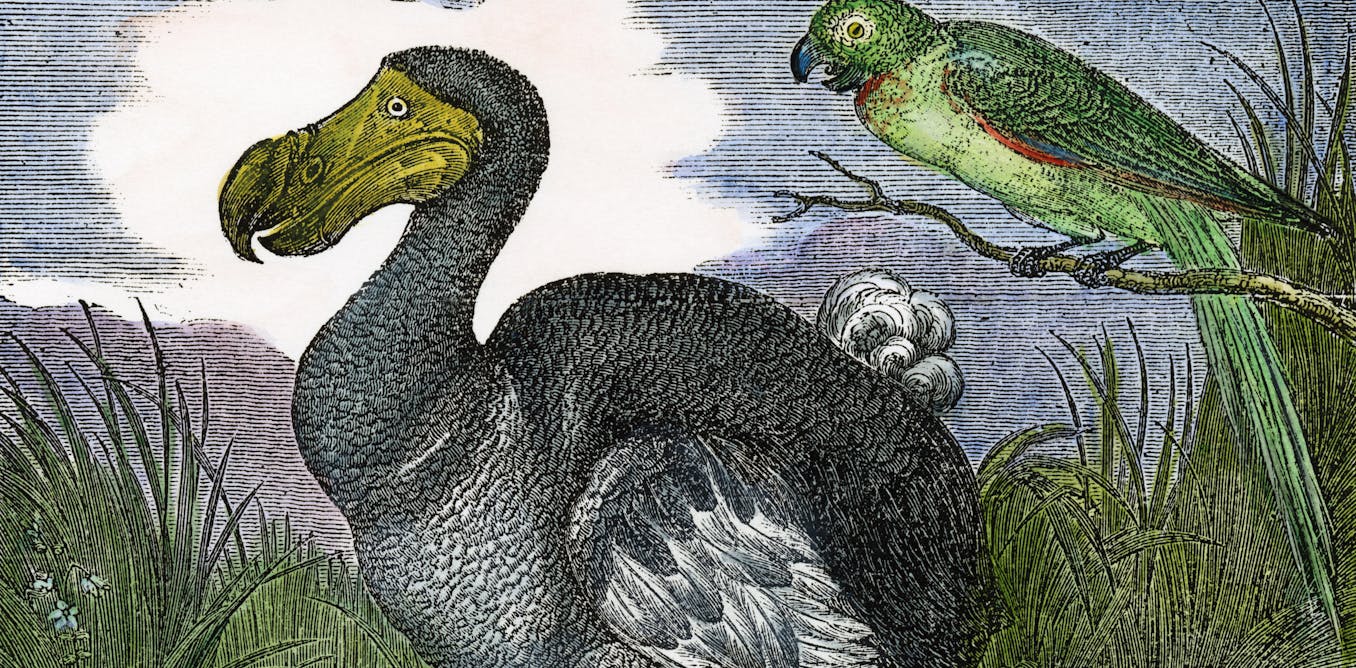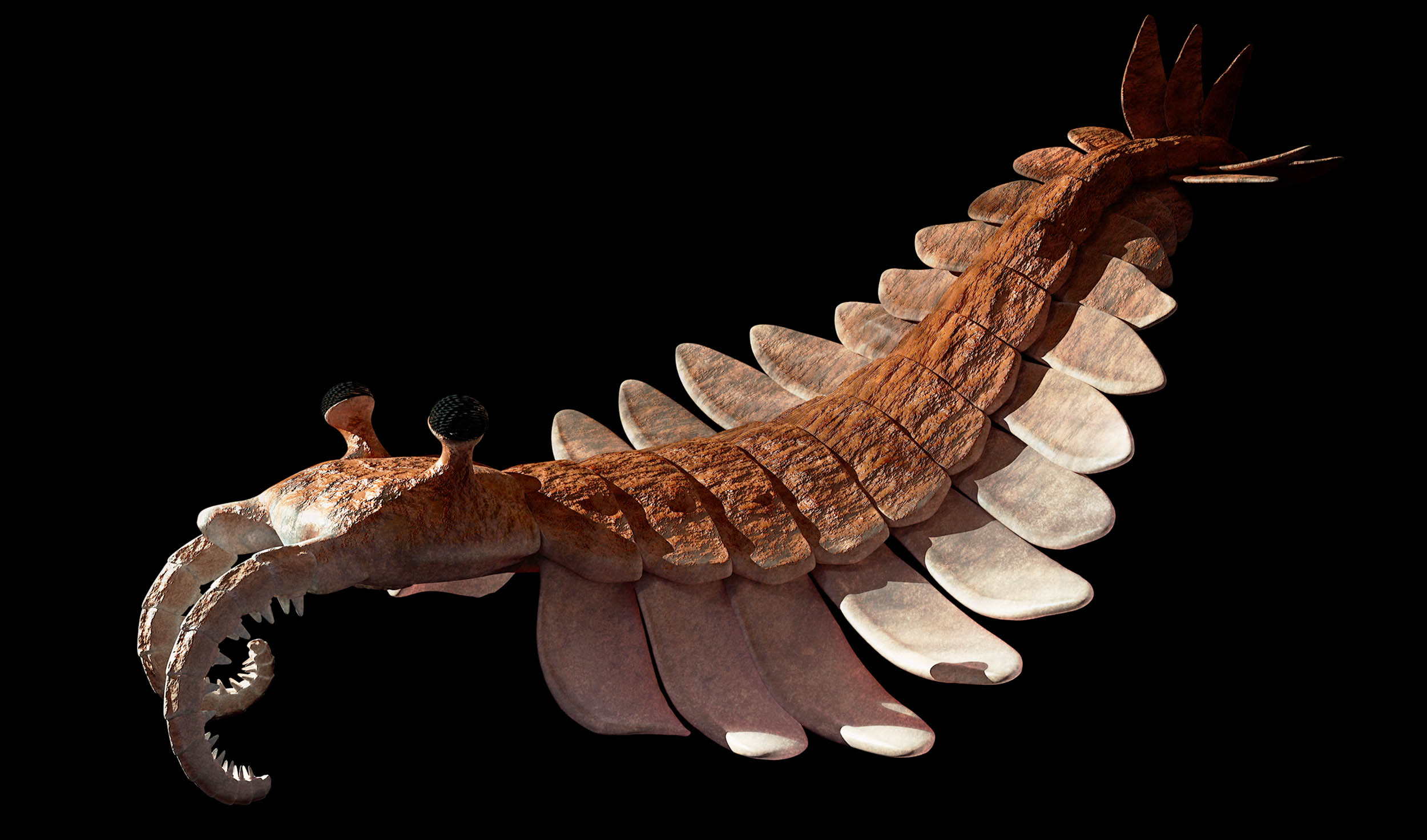
India's biotech sector has rapidly grown from 500 startups in 2018 to over 10,000 in 2025, highlighting its potential. However, scaling challenges and regulatory complexities threaten to hinder this momentum.

India's biotech sector has rapidly grown from 500 startups in 2018 to over 10,000 in 2025, highlighting its potential. However, scaling challenges and regulatory complexities threaten to hinder this momentum.

Aloyce Mwakisoma, a renowned botanist in Tanzania, died in a bus accident at age 45. His extensive knowledge of forest biodiversity and conservation efforts significantly impacted the Udzungwa Mountains.

Recent research reveals that muscles have a memory for movement and exercise, which is crucial for muscle growth and recovery. This understanding can enhance training and rehabilitation strategies.

Large language models (LLMs) are transforming scientific disciplines, offering new opportunities while presenting significant challenges and biases.

Colossal Biosciences has successfully cultured pigeon cells, a step towards recreating the extinct dodo, with potential implications for wildlife conservation.

NASA is conducting flights to study the effects of cosmic rays on air and future space travelers.

Researchers confirm the existence of the gingko-toothed beaked whale, marking a significant advancement in understanding these elusive marine mammals.

A study reveals that tawny owl calls cause young European robins to eat less during migration, impacting their energy reserves and survival.

A 520-million-year-old fossil of Youti yuanshi, an early arthropod, has been discovered with intact soft tissues, providing insights into early animal evolution.

The article explores various theories about why we dream, highlighting historical perspectives and modern scientific insights.

A 17-million-year-old fossil of the extinct songbird Menura tyawanoides has been found in Queensland, revealing insights into the evolution of Australia's lyrebirds.

Scientists reveal that around 90% of Earth's species remain undiscovered, emphasizing the importance of identifying dark taxa for ecosystem health.